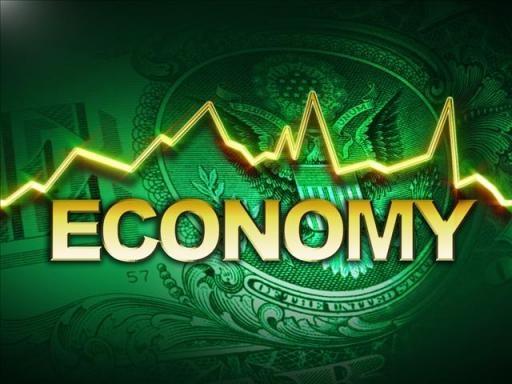Market Data

October 16, 2017
Worldsteel: Short-Range Outlook ‘Encouraging’
Written by Tim Triplett
Global steel demand growth is expected to moderate in 2018, mainly due to slowing in China, but should maintain its momentum in the rest of the world, according to a generally optimistic short-range outlook from the World Steel Association (worldsteel).
The Brussels-based trade association, whose members account for 85 percent of the world’s steel production, forecasts global steel demand to top 1.622 billion metric tons this year, growing to 1.648 billion tons in 2018.
Excluding China, global steel demand will reach 856.4 million tons, an increase of 2.6 percent this year, and 882.4 million tons, an increase of 3.0 percent in 2018, worldsteel estimates.
“Progress in the global steel market this year to date has been encouraging. We have seen the cyclical upturn broadening and firming throughout the year, leading to better than expected performances for both developed and developing economies,” said T.V. Narendran, chairman of worldsteel’s economics committee.
Risks to the global economy in worldsteel’s April 2017 outlook, such as rising populism and protectionism, U.S. policy shifts, EU election uncertainties and China deceleration, have abated to some extent. “We now see the best balance of risks since the 2008 economic crisis,” Narendran said. “However, escalating geopolitical tension in the Korean peninsula, China’s debt problem and rising protectionism in many locations remain risk factors.”
Both advanced and developing economies are exhibiting stronger economic momentum this year. The U.S. economy continues to experience robust fundamentals supported by strong consumer spending and rising business confidence. Concern about tensions within the EU, particularly over migration policies, is receding and the EU economic recovery is broadening. Japanese steel demand is showing better than expected performance, benefitting from the government stimulus package, improving exports and preparations for the 2020 Olympic games.
Less positive is South Korea’s steel demand, which is suffering from high consumer debts, weakening construction and a depressed shipbuilding sector. Escalated tension around the North Korean nuclear weapons threat poses a serious and highly unpredictable risk.
Overall, steel demand in the developed economies is expected to increase by 2.3 percent in 2017 and 0.9 percent in 2018, worldsteel forecasts.
China’s steel demand is expected to increase by just 3 percent in 2017, after accounting for the closure of outdated induction furnaces that shifted production to mainstream steelmakers. The Chinese economy has been gradually decelerating, and the outlook for steel demand in 2018 remains subdued, worldsteel said.
Developing countries are benefitting from global recovery and economic reforms to varying degrees. Steel demand in the developing economies, excluding China, is expected to grow by 2.8 percent in 2017 and 4.9 percent in 2018.
India had a slowdown in economic activity in 2017, but accelerating government reforms are expected to bring about a better investment environment. ASEAN remains a high growth region, especially Vietnam and the Philippines, while more mature economies such as Thailand and Malaysia are showing slower growth. In the CIS, steel demand is expected to strengthen in 2017-2018 as Russia maintains its slow recovery and Turkey resumes its growth momentum. Countries in South America have been slow to benefit from the recovery in the global economy. In Brazil, continuing depressed construction activity has held demand recovery back in 2017, but a stronger recovery is expected in 2018.








